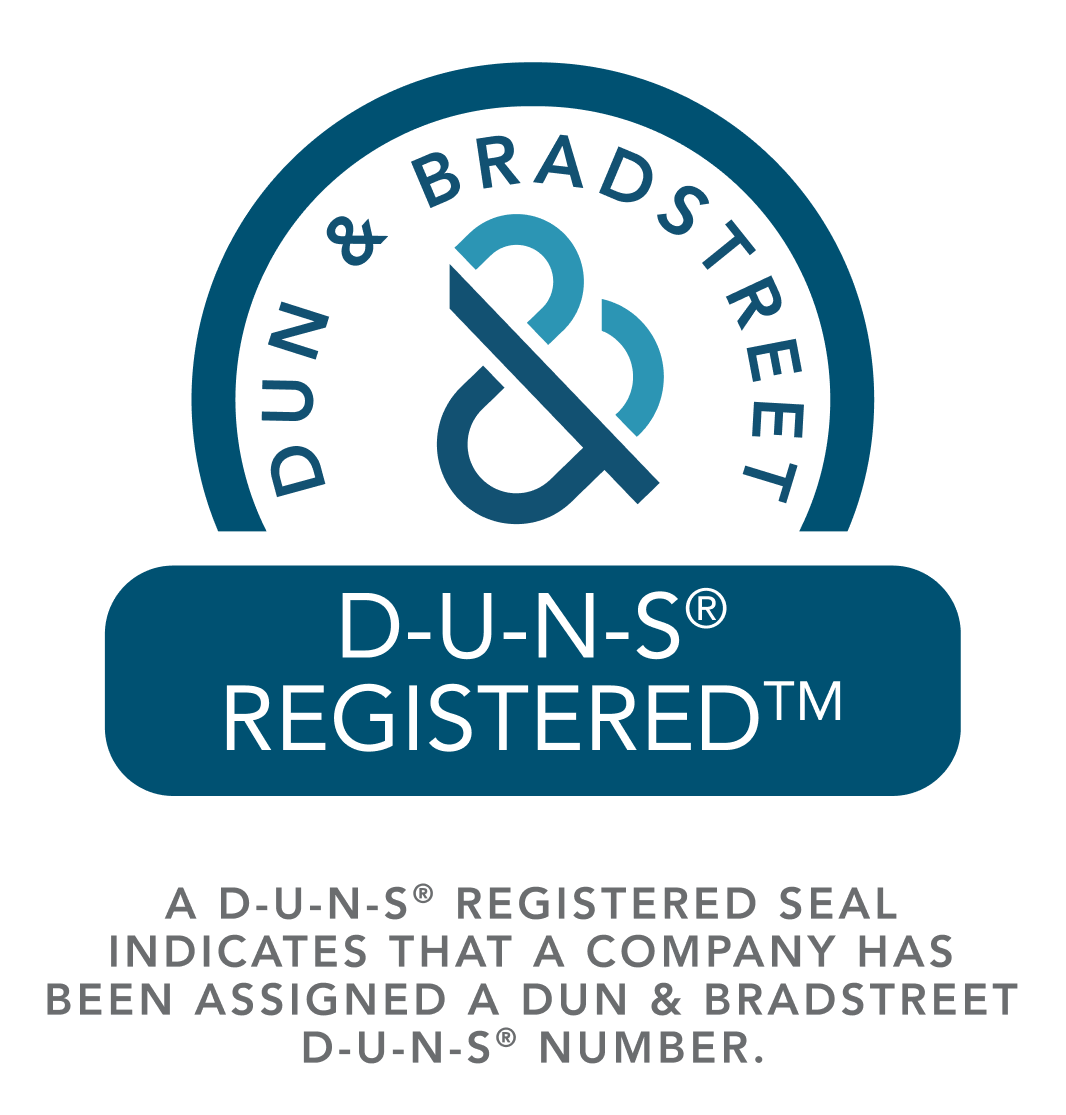Introduction
The shortage of qualified pharmacists is an ongoing challenge for many healthcare organizations, particularly those in areas where there is a high demand for pharmacy services. One potential solution to this problem is to look beyond the organization's immediate location and hire pharmacists licensed in other states. While this strategy offers the potential to expand the pool of available candidates, it also presents unique challenges related to licensure, credentialing, and regulatory compliance.
Therefore, developing an effective process for hiring pharmacists with licenses in other states requires careful planning, attention to detail, and a thorough understanding of the relevant laws and regulations.
This blog post provides hiring managers with a roadmap for hiring licensed pharmacists with out-of-state licenses. It covers legal requirements for licensure applications and strategies for successful recruitment, screening, selection, onboarding, and integration.
The following steps should be taken for successful outcomes:
1. Understand Pharmacists' Licensing Requirements
Individual states in the U.S. have their own set of state laws regarding certification, and therefore, state licenses must be obtained to practice within another state or jurisdiction.
To hire pharmacists with licenses from other states, hiring managers must understand the certification transfer regulations, process, and key considerations in determining eligibility. They can confirm the validity of pharmacists in other states by using online resources such as the National Association of Boards of Pharmacy (NABP) and state pharmacy boards. The Department of Labor may also regulate licensing requirements, and pharmacists must ensure they are up-to-date on the latest regulatory and legal requirements to ensure they offer good services to patients.
At Verovian Pharmacy Agency, we determine and understand the licensing requirements for any state in the US, and we ensure that they meet all eligibility criteria and obtain a license to practice in any state. By matching pharmacists with opportunities where they can apply their expertise and make a meaningful impact on patient care, we help ensure that they provide expert medication management services to patients.
2. Check the reciprocity agreement and verify pharmacist license eligibility.
License verification eligibility is an essential step when hiring pharmacists with licenses in another state. This process entails checking if the pharmacist's license from another state fulfills the eligibility requirements for a pharmacist license in your state.
Reciprocity agreements refer to agreements between states that acknowledge each other's professional licenses. In the context of pharmacy, this means that pharmacists licensed in one state may practice in another state without completing all approval requirements.
For instance, Arizona has reciprocity agreements with all other U.S. states and territories, enabling pharmacists certified in other states to practice in Arizona without fulfilling additional requirements. Similarly, Florida, Maryland, and Ohio have reciprocity agreements with several states.
When hiring pharmacists from other states, check for a reciprocity agreement. If it exists, you may hire them without fulfilling all the eligibility requirements. But still, confirm if their license meets your state's essential eligibility requirements.
3. Apply for licensure in the new state.
If the pharmacist's current state of licensure is not reciprocated in the state of the intended employment, the potential employee must obtain approval in the new state, and they can get help from their employer. At Verovian Pharmacy Agency, we help pharmacists seeking certification in a new state by providing guidance on requirements and necessary documentation, assisting with paperwork, acting as a liaison with the state board of pharmacy, and providing emotional support. We help streamline the process and ensure everything runs smoothly.
An applicant seeking licensure in another state must meet the following requirements: To start, the applicant will need to apply for a license or certification through the state board of pharmacy of the desired state. To qualify, the applicant must be a graduate of an accredited pharmacy program and have a current license in good standing. The applicant will also need to complete a course approved by the state board and pass any law exams required by the state.
To ensure that the application is complete, one of the following must be accompanied by the application form: the applicant must submit a copy of either their current state license or proof of graduation from an accredited pharmacy program.
The application must also include any other documentation, like proof of certification from his current state and exam scores, as deemed necessary by the state council. Also, the pharmacist will need to pay any required application fees. Once the application conditions are met, the state authority shall issue a license to the applicant.
4. Review the pharmacist's qualifications and experience.
It is important to carefully review the pharmacist's qualifications and experience to ensure they meet the state's requirements for licensure and can provide the highest quality care to patients.
To begin with, it is important to confirm that the pharmacist has completed a Doctor of Pharmacy (Pharm.D.) degree from an accredited pharmacy school. The program should be accredited by the Accreditation Council for Pharmacy Education (ACPE). Additionally, the pharmacist must have passed the North American Pharmacist Licensure Examination (NAPLEX) and the Multi-state Pharmacy Jurisprudence Examination (MPJE) to be eligible for certification in the new state.
In terms of work experience, it is advisable to look for a pharmacist with internship or residency experience for practical and clinical skills.
Pharmacists seeking approval in a new state must show their commitment to ongoing learning and development through continuing education. They must be evaluated to know if they are up to date with the latest drugs, therapies, and regulatory changes that affect their practice.
Finally, it is crucial to consider the pharmacist's ethical and professional behavior. Pharmacists' ethical and professional behavior is crucial. They must be honest, trustworthy, knowledgeable, committed to safe and effective care, good at communication, and able to work collaboratively with other healthcare professionals.
By carefully reviewing a pharmacist's qualifications and experience, it is possible to ensure that they are qualified and capable of providing safe and effective care to patients.
5. Advertise the job opportunity.
Pharmacy managers can hire out-of-state pharmacists by advertising pharmacists' positions on online job boards and niche websites, making the hiring process more accessible with technological advancements.
Recruitment firms and organizations can also post job ads in state-specific and national pharmacist associations and organizations, increasing the chances of reaching out to qualified candidates who may be looking for a change of scenery, career growth, or better work-life balance.
Advertising jobs allows employers to seek the best professionals in their field, and offering positions in different states provides opportunities for pharmacists to experience diverse work environments, learn from experts, and broaden their experiences in different settings.
6. Onboarding and Integration
When a new pharmacist has been hired, the onboarding and integration process is crucial for setting them up for success within their new role and the organization as a whole. The ultimate goal of onboarding and integration is to help the new pharmacist feel welcome, valued, and empowered to contribute to the organization's success.
Employers can offer relocation assistance, provide orientation and training, and consider remote work to make the process successful. Relocation assistance reduces stress for newly hired pharmacists moving to a new state. Employers can provide temporary or permanent housing, cover transportation and storage costs, and offer resources or recommendations for settling into the new community.
Providing orientation and training is also critical in helping new hires get up to speed with their roles, the organization's culture and expectations, and the state's laws governing pharmacy practice. Employers should offer formal orientation sessions to all new hires as well as ongoing mentoring and training to ensure that they are continually learning and growing professionally.
In addition, employers should consider some form of remote work as a viable option as it allows pharmacists to work from home or a different location, which eliminates the need for relocation and reduces associated costs. Employers can offer remote work options, either as a temporary or permanent solution, as long as the newly hired pharmacist has the necessary qualifications and licenses to practice pharmacy in the state. This option is particularly possible with informatics.
Conclusion
Hiring pharmacists with out-of-state licenses is a viable solution to address the shortage of licensed pharmacists in many parts of the country. However, the process of navigating legal requirements and licensure transfers can be complex and time-consuming.
Recruiters must understand credential transfer regulations, verify pharmacists' validity, and ensure they meet eligibility criteria. Advertising job opportunities and reviewing qualifications and experience are essential steps to hiring licensed pharmacists with out-of-state licenses for a successful outcome.
Furthermore, verifying reciprocity agreements and ensuring license eligibility are crucial steps to maintaining the integrity of the pharmacy profession and ensuring patient safety. Ultimately, by taking these steps, healthcare organizations can access a broader pool of qualified candidates and contribute to the success and growth of their organization while improving patient care.





